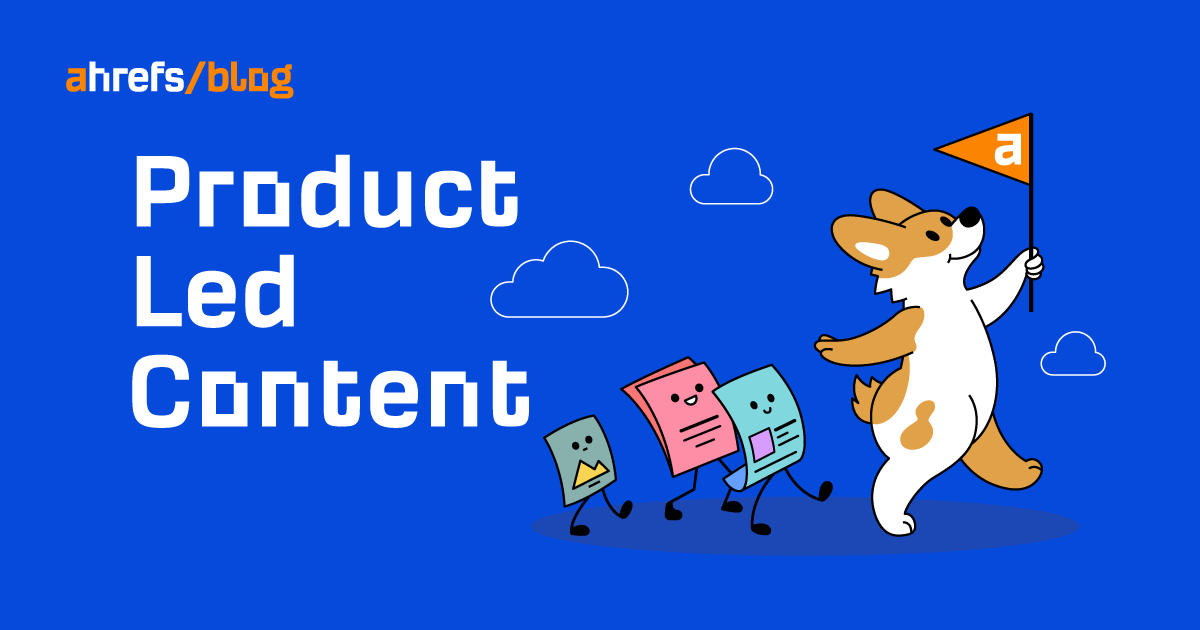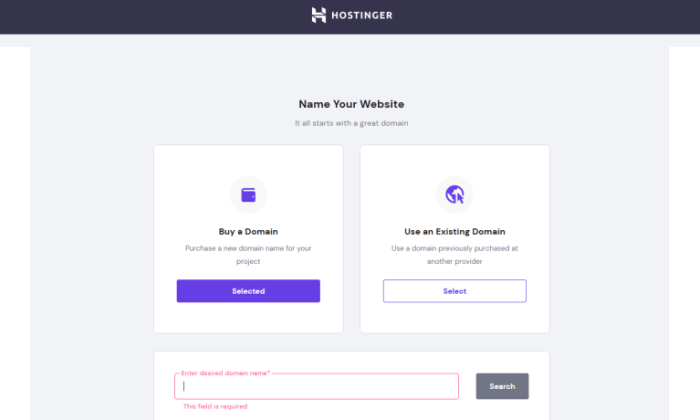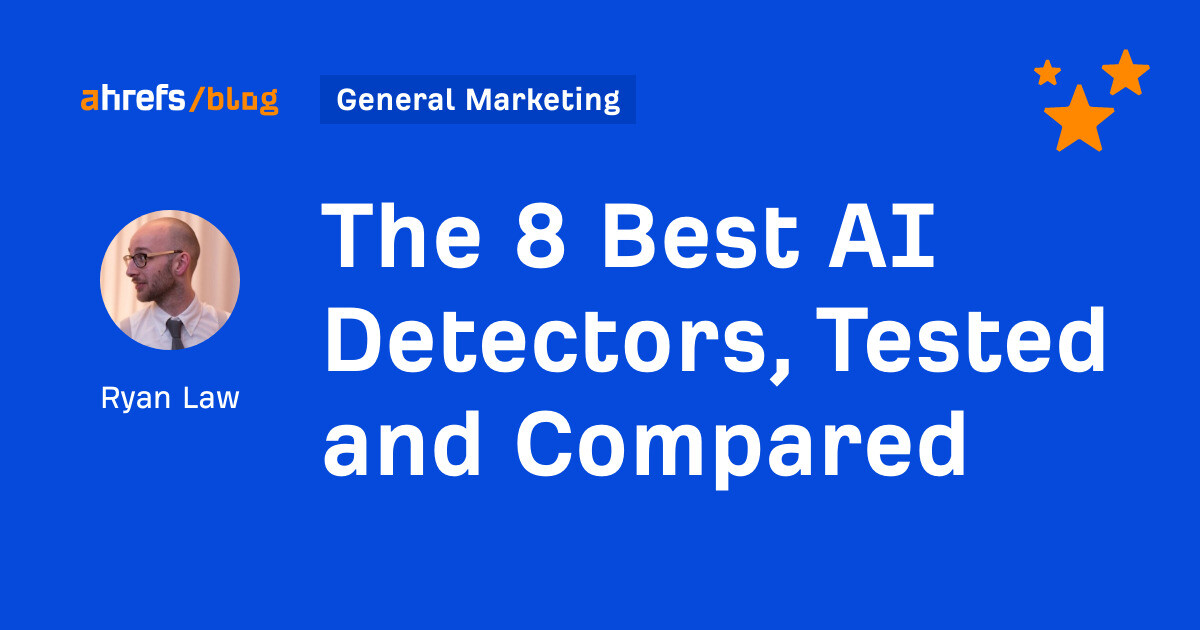New Study On Perplexity AI Offers Good News For SEO via @sejournal, @martinibuster
New research on the Perplexity AI search engine offers significant insights for ecommerce sites and SEO The post New Study On Perplexity AI Offers Good News For SEO appeared first on Search Engine Journal.
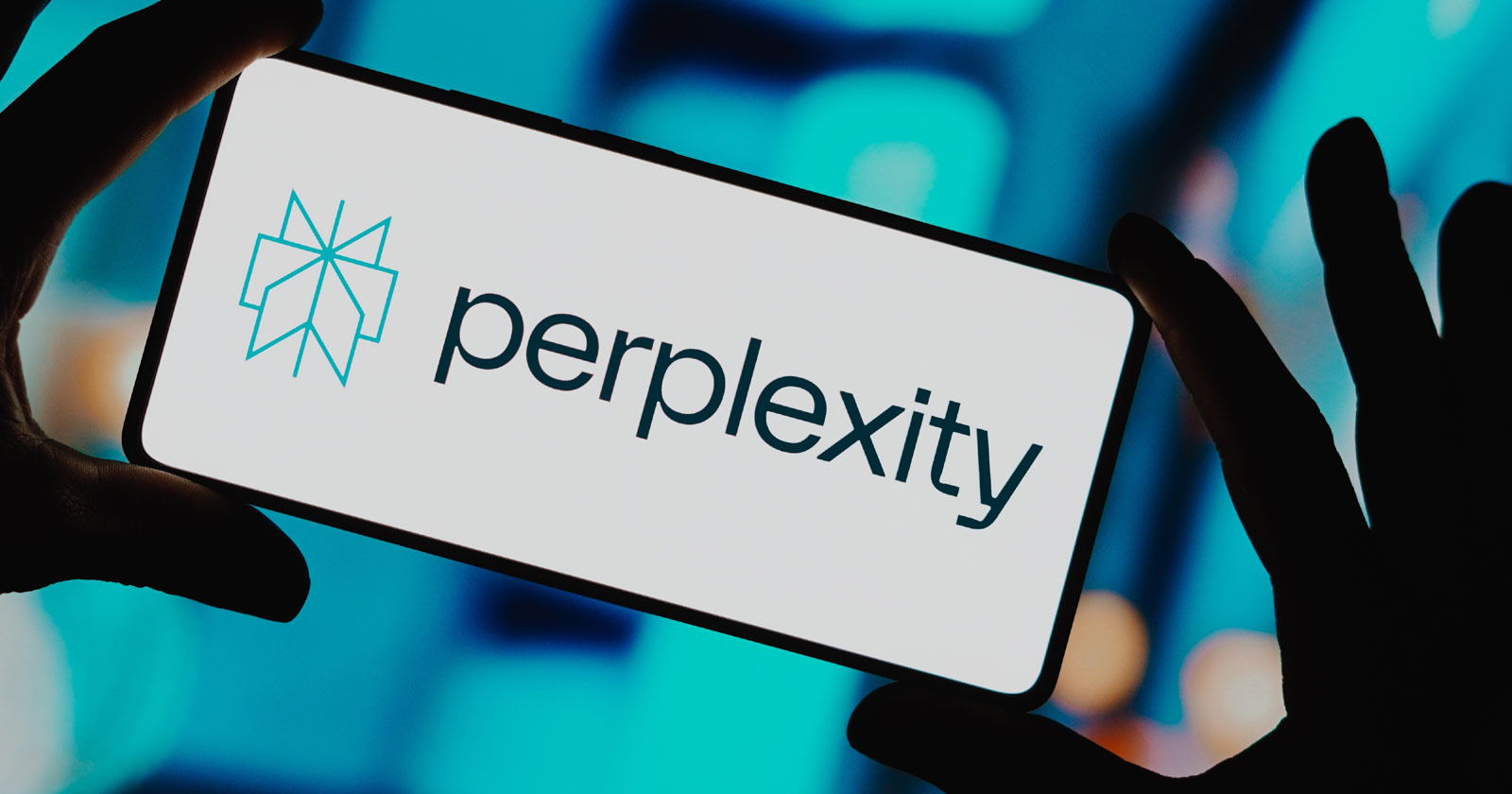
Research by BrightEdge shows that traffic is surging to Perplexity and where the opportunities lie for optimizing for traffic, particularly for ecommerce .
What Is Perplexity AI?
Perplexity is a self-described Answer Engine founded by researchers and engineers from OpenAI, Facebook, Quora, Microsoft, and Databricks. It has backing from many of the most influential investors and engineers in Silicon Valley which has helped to propel it as one of the top innovators in the new wave AI search engines.
Perplexity contains an index that is ranked by their own version of PageRank. It’s a combination of a search engine and a chatbot, with the chatbot part serving as the interface for receiving queries and the AI part on the backend. But it’s retains the functionality of a chatbot in that it can perform tasks like write an essay.
What sets Perplexity.ai apart from competitors, as will be shown below, is that Perplexity shows generous amounts of citations to websites.
Surge In Traffic
One of the key insights from the BrightEdge research is that Perplexity.ai has surged in referral traffic by a whopping 40% since January, indicating that users are interested in trying something different from the usual ten blue links.
Using their proprietary BrightEdge Generative Parser they were able to detect AI search experiences which showed that users are fine with an AI search engine.
The takeaway here is that the search marketing industry is right back to where it was over two decades ago when Google first appeared. SEOs like myself and others were testing to see what activities were useful and which were not.
Most people in search came into it when the technology was relatively mature and don’t know what it’s like to confront the unknown or even how to do it. The only difference between then and now is that today we know about research papers and patents. Back then we had no idea until roughly 2005.
BrightEdge’s report reflected on this period of transition:
“For marketers, who rely on organic search strategies to reach customers, new AI-first search engines like Perplexity and ChatGPT signal a tectonic shift in how brands market and sell their products. However, the newness of these AI-driven platforms means they frequently undergo dynamic changes, making them difficult to track and adapt to.”
In an ad supported model the organic search results competes with advertising for the most valuable search queries but that’s not the case with Perplexity. BrightEdge sees Perplexity as an opportunity for search marketers because it is an ad-free model that sends organic search traffic.
Overlap With Google Search Generative Experience (SGE)
An interesting data point surfaced in BrightEdge’s research is that there was a “significant” overlap between Perplexity’s search results and that of Google’s SGE results. Perhaps not surprisingly, the strongest overlap was in health related search queries, likely because there’s a limited number of sites that are qualified to create content on health and medical topics.
But what may sound discouraging is that Reddit shows up across most search query topics except for healthcare and finance, two YMYL (your money/your life) topics.
Overlap In B2B Search Results
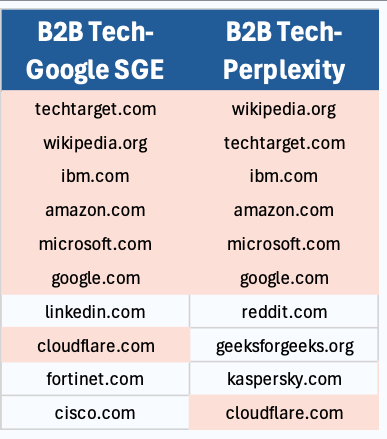
Another area of overlap with Google’s SGE is due to Perplexity’s tendency to rank authoritative sites in topics like Healthcare and Education and in review and local search sites in relation to Restaurants and Travel. Big brands like Yelp and TripAdvisor are winners in Perplexity.
Overlap In Travel Search Results
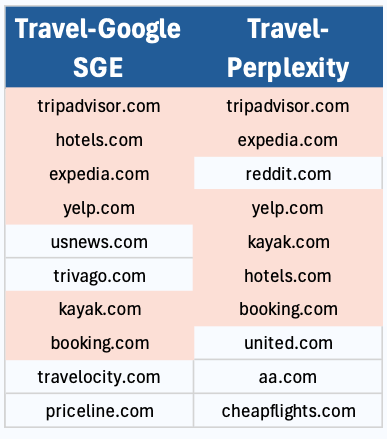
Yahoo, MarketWatch and CNN are frequently seen in finance related search queries..
There is less overlap in for eCommerce queries apart from Wikipedia and Amazon, which both search engines rank.
According to BrightEdge:
“Google uses Quora and Consumer Reporters for third-party product information, while Perplexity references Reddit. Overall, Perplexity is most likely to reference product sites, whereas Google SGE will also include informational resources such as lifestyle and news sites.”
That’s good news for ecommerce sites that sell actual products, an actual bright spot.
BrightEdge cites the following opportunities with Perplexity:
Perplexity’s share of search growth rate is rising at a rate of 39% per month. Perplexity’s search results offer an average of 5.28 website citations. Perplexity AI shows more citations in Travel and Restaurant queries than Google SGE. BrightEdge encourages search marketers to take advantage of opportunities in optimizing for AI-driven search engines.Jim Yu, Founder and Executive Chairman of BrightEdge, said:
“Optimizing emerging search platforms is essential for marketers because their impact will be seismic – just 1% of the global organic search market equates to approximately $1.2B in ad revenue per year… AI-first engines are steadily gaining ground and carving out their own areas of expertise, making it critical for the marketing community to master multiple search platforms.
There is too much revenue at stake to get left behind, which is why we’re closely tracking the development of these engines and all things AI search – from traffic trends and queries to result quality and more.”
Read more about optimizing for Perplexity at BrightEdge:
The Ultimate Guide to Perplexity
Featured Image by Shutterstock/rafapress

 Lynk
Lynk 








